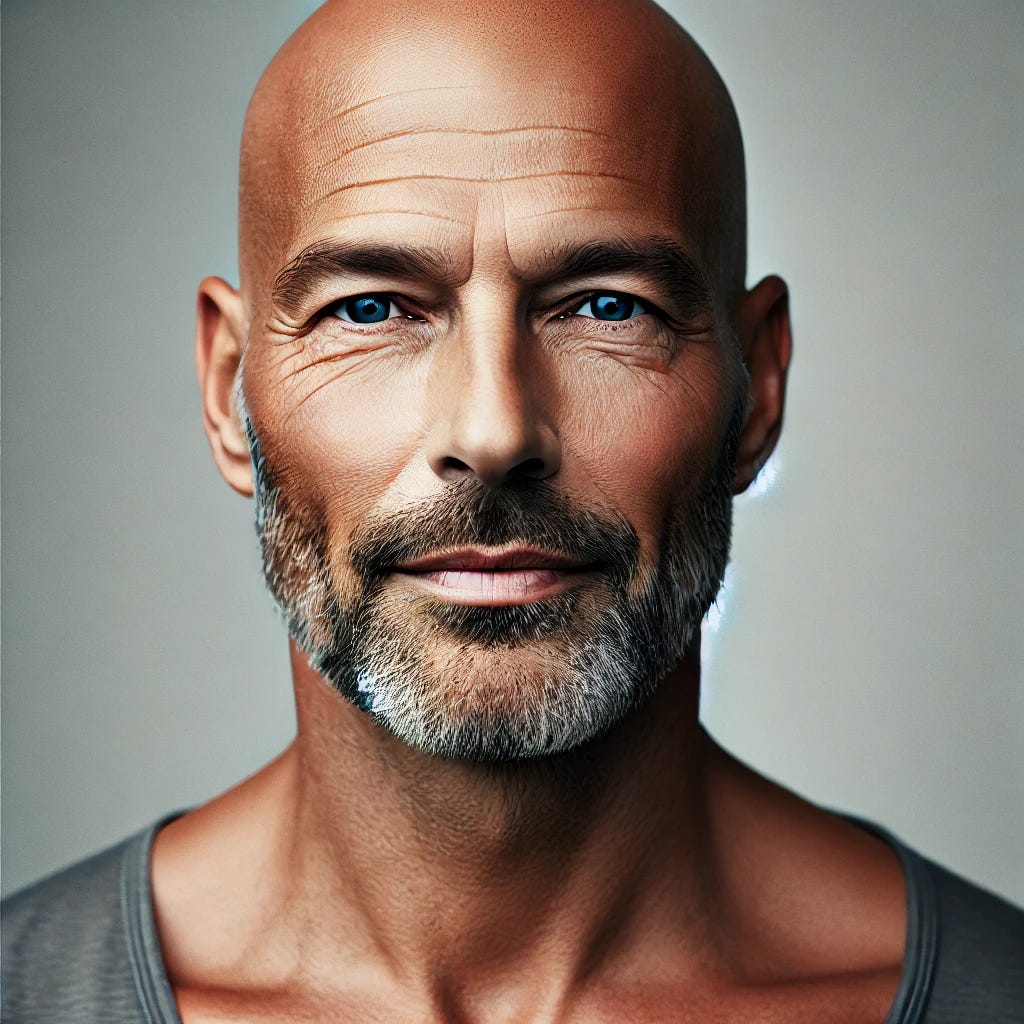Eternal Life
This is Guillermo, 280 years old.
He doesn’t exist. No one has made it past the 123 years mark. As the saying goes, we are all going to die one day. It’s the default outcome, for everyone, and everything.
Hunger used to be the default too. All animals are hungry and need to hunt or search for food. Our human ancestors were hungry. We have supermarkets, restaurants, or food delivery, and some of us become overweight, sick, and sometimes die from eating too much food. Hunger isn’t the default anymore.
What if we did the same with death? What if being alive was to become the default? What if “we are all going to die one day” was false? What if life could last for a very long time, maybe even forever?
We die for plenty of reasons. But even if we don’t get cancer, don’t get hit by a bus, and don’t die because of some deadly virus, we will still die because of aging. There is no exception. Ultimately, the problem we are trying to solve —the disease we are trying to cure—the default we are trying to fight— is aging.
The argument in favour of aging being solvable rather sooner than later goes as follows.
First, we would need to become more intelligent, which we continue to do thanks to computers. This newfound intelligence would allow us to make the same amount of progress in biology and medicine, which would have taken us 50-100 years to achieve, but 10 times faster, meaning in the next 5-10 years. In this short period of time, we would be able to double life expectancy to roughly 140 years. This means that you and I could expect to live to 140 years. By the time we are 140, we might have figured out something else to increase or even double life expectancy to 280, and so on. If we continuously increase life expectancy faster than our speed of aging, some of us alive today will have the chance to live for a very very long time, maybe even eternally.
But what does the solution to eternal life look like? No one knows. It could involve understanding the functioning of the biological body and intervening when necessary to keep it alive for as long as we wish. Then, there is the path of uploading the mind on to another substrate, for example a robot or some other machine. Finally, there is the path of simply betting on an unknown future solution, by freezing our dead bodies with the hope of bringing them back to life when it’s time.
As with any hard problem, many other hard problems are hiding in its shadow. Will we be able to solve them all? We don’t know. What we know is that there is data and some serious arguments, that we people today, can expect to live for a very long time. And this, I believe, has very important implications.
For example, instead of believing in “living life like it’s your last day” we might start considering “living life like you would live forever”. That’s also how we should start acting, by thinking long term, taking care of our common future, taking care of our relationships, etc. I believe that such a shift could give a lot of meaning to life.
Let’s not forget that a long life is still one life —which might never end— but, which remains, one life. If we die, we die, by getting hit by a bus for example. But if we want it, do what’s necessary, and are lucky enough, there is a good chance that we can live forever. Even if eternal life isn’t for us but for the next generations, it is certain that if we continue to aim for a longer and longer life, it could become a reality one day. And with a little luck…
This is Azriel, 280 years young.





